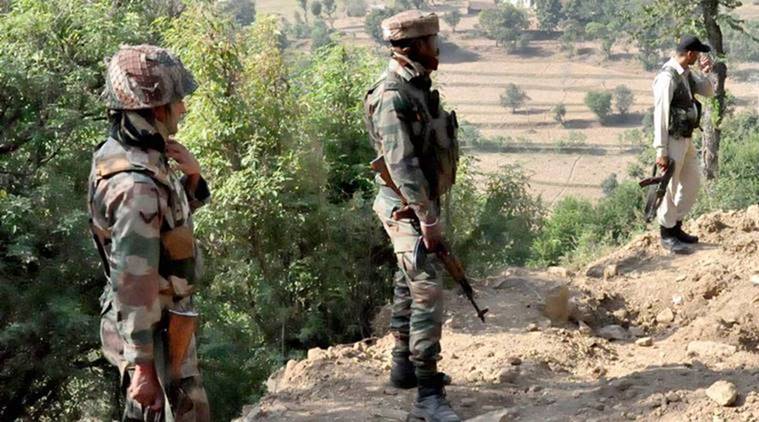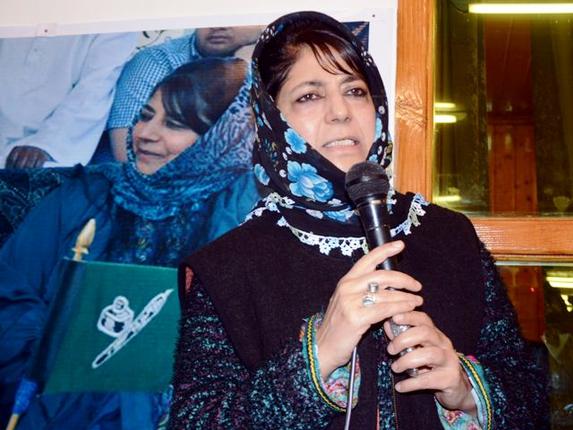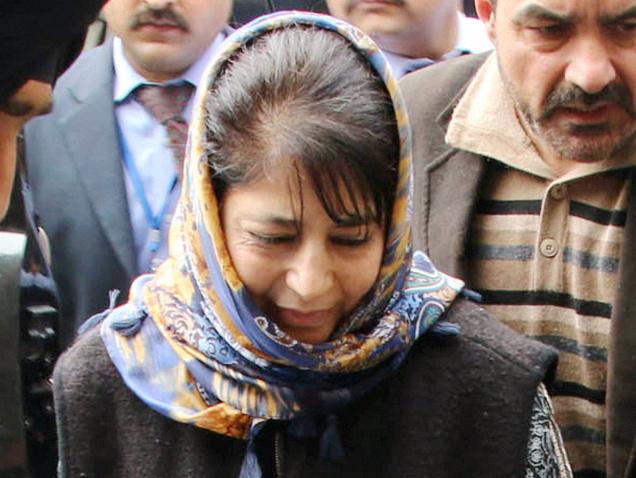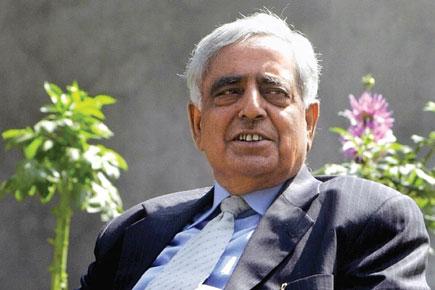Baffliaz (Poonch District), JAMMU & KASHMIR:
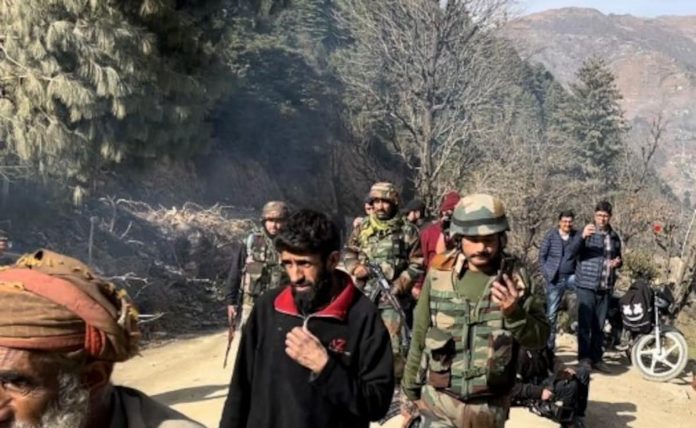
In Jammu and Kashmir’s Poonch district, three civilians, previously detained for questioning in connection with a militant ambush on Army vehicles, were found dead in the Topa Pir area. The victims were identified as Safeer Ahmed (48) and his cousins, Mohammad Showkat (28) and Shabir Ahmed (25).
The militant attack, which occurred on Thursday evening, claimed the lives of four Army soldiers and left three others injured.
Noor Ahmed, brother of one of the deceased civilians and a Head Constable in the Border Security Force, expressed profound grief, stating, “This is the prize we have got for working for the nation.”
Details surrounding the civilians’ deaths remain unclear, leading to unprecedented restrictions on movement and the suspension of mobile internet services in affected border districts. The government announced compensation and compassionate appointments for the families of the deceased.
“The death of three civilians was reported yesterday in Baffliaz of Poonch District. The medico-legal formalities were conducted, and legal action has been initiated. The Government has announced compensation for each of the deceased. Further, compassionate appointments to the next of kin of each deceased have also been announced,” informed the Information & PR, J&K in a statement.
While the Army’s Public Relations Officer in Jammu claimed no knowledge of the incident involving the civilians, allegations of torture marks on the bodies surfaced, accompanied by unconfirmed graphic videos circulating on social media. Relatives asserted that the injured were left by security forces on the roadside.
Former Chief Minister and President of the Peoples Democratic Party (PDP), Mehbooba Mufti, expressed concern over the reported civilian killings and called for a comprehensive and unbiased investigation. Mufti highlighted the shocking state of the victims’ mutilated bodies and widespread reports of torture on detained villagers.
“The ongoing miseries faced by the people of Jammu and Kashmir have reached a horrifying peak. Three innocent lives have been snatched away, their bodies said to be bearing brutal marks of torture while authorities have maintained a criminal silence,” Mufti said at a press conference.
In response to the tragedy, the local administration assured financial assistance, government jobs, and other support to the affected families. Poonch Deputy Commissioner pledged Rs 30 lakh to the next of kin of each deceased, along with a 10-marla plot at Surankote and a government job.
source: http://www.muslimmirror.com / Muslim Mirror / Home> India> Indian Muslim> Politics / by Muslim Mirror / December 24th, 2023
